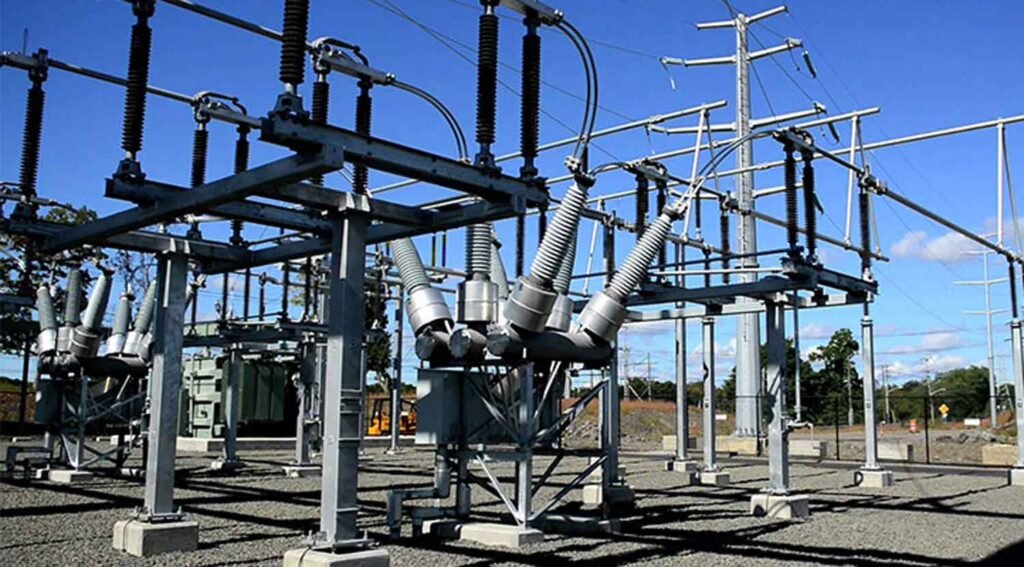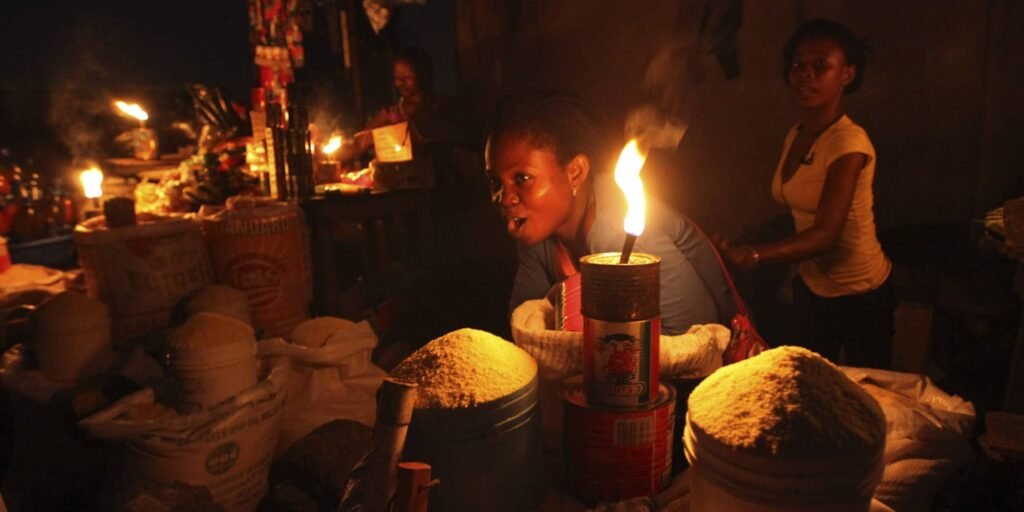…Experts Set to Dialogue on Way Forward
Statistics show that over 40% of Nigerians suffer low power supply and even lack access to electricity, as the research from the Power Dialogue team further described the situation as unreliable and insufficient supply.
The team revealed that Nigeria’s power sector has faced several challenges over the last decade, adding that inconsistent implementation of tariff policy; high, unsustainable losses in the distribution network, have been part of this problems.
The Federal Government of Nigeria, FGN, launched the Power Sector Recovery Programme, PSRP, to address the inefficiencies in the system, and has also taken some critical actions to put the country on the path toward universal access.
The Rural Electrification Strategy and Implementation Plan and the Nigeria Electrification Project aim to improve access for the underserved rural populations and rural institutions.
Also, the Presidential Power Initiative aims to increase the power supply to 7GW in its first phase.

On the other hand, the World Bank responded to the FGN programs with a large and comprehensive portfolio of projects that provide support to PSPR in the sum of 750m US Dollars.
It supports the implementation of critical reforms included in the FGN’s PSRP that aims to improve power sector policy and regulatory environment, enhancing its transparency, strengthening power sector’s financial sustainability and reducing its fiscal risk.
Meanwhile, the Nigeria Electrification Project, NEP, received 350m US Dollars which supports the expansion of electricity access through off-grid solutions to remote rural communities using private sector financing models.
The FGN has also unveiled an Energy Transition Plan that defines the country’s pathway to net-zero. The plan includes revised policy measures for the accelerated adoption of clean energy as the country looks to meet its NDC targets.

Power Supply
The 70th Power Dialogue organised in collaboration with The World Bank will assess the key achievements of the sector and some of the challenges facing the industry. In addition, the Discourse will highlight essential progress and bottlenecks in delivering energy access to Nigerians.
The discussion will also provide updates on the impact of sector policies and interventions in the sector. The Panellists will also discuss the feasibility of Nigeria’s energy transition plans and climate goals.
The Dialogue panel that would be discussing possibilities for better power supply includes Minister, Engr. Aliyu Abubakar, Ministry of Power, Powermin, Shubham Chaudhuri, Country Director, The World Bank.
Others are Ashish Khanna, Regional Director for Infrastructure, Africa West and East, The World Bank, Narlene Egu, Senior Energy Advisor and Team Lead, USAID/Power Africa Nigeria.

